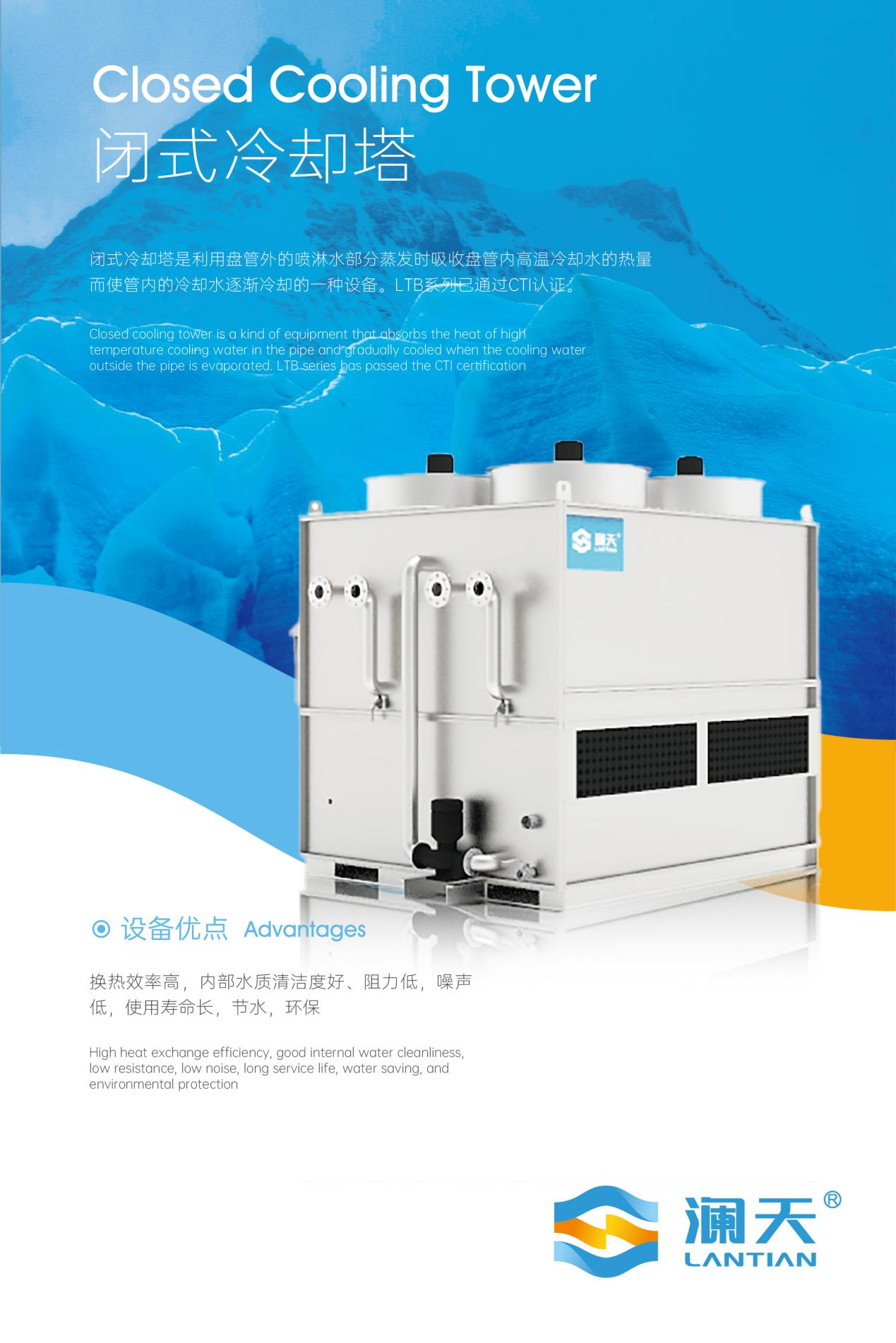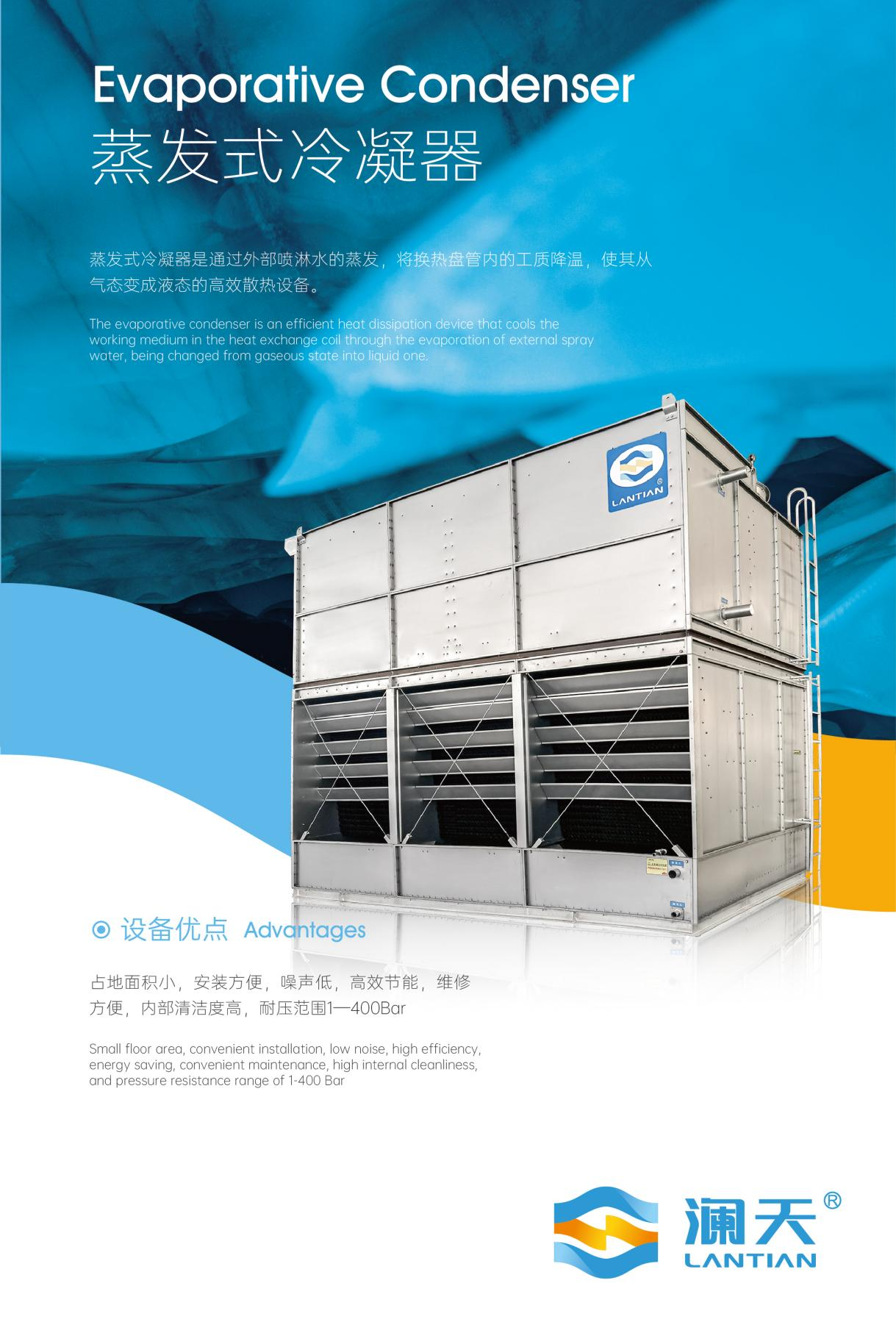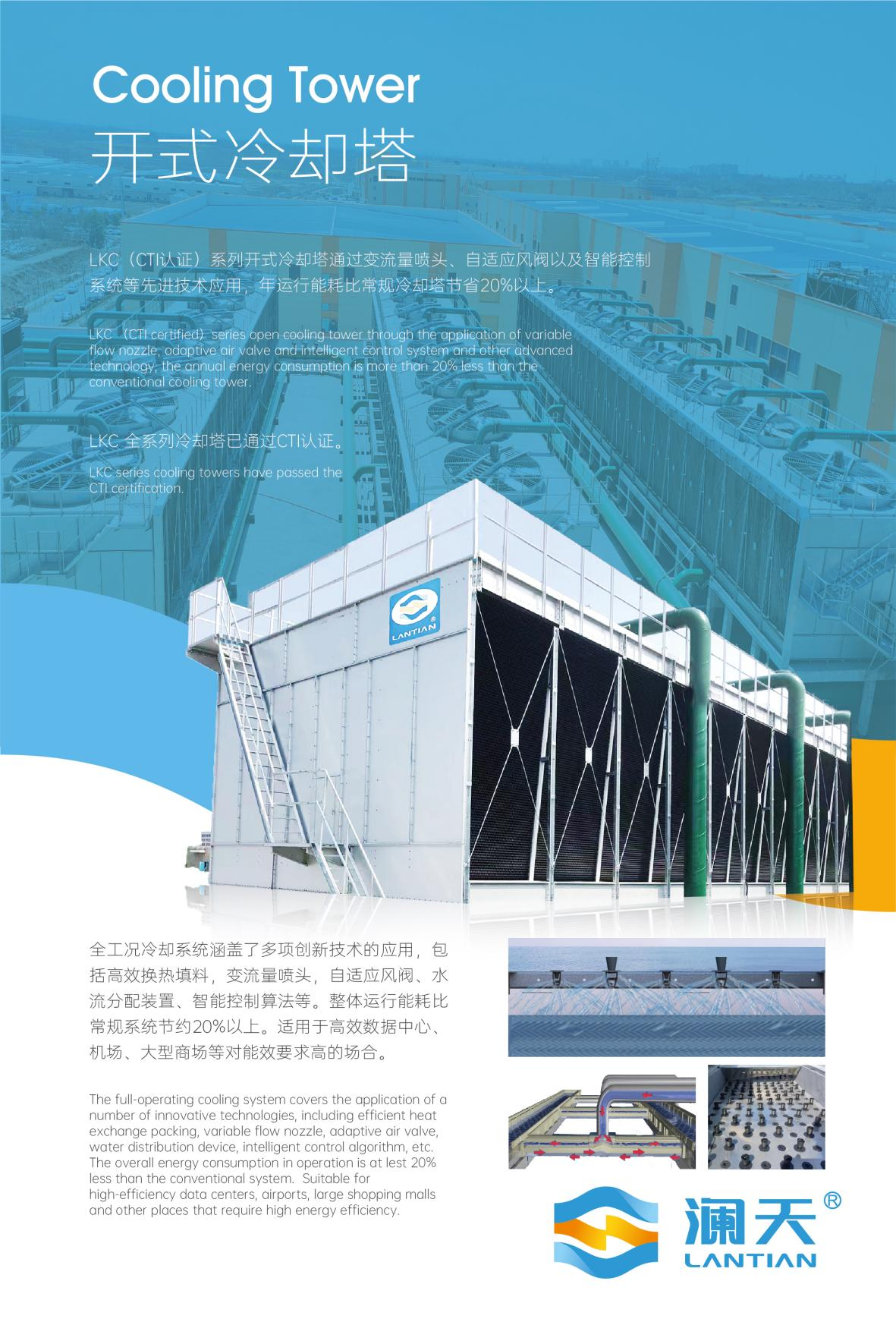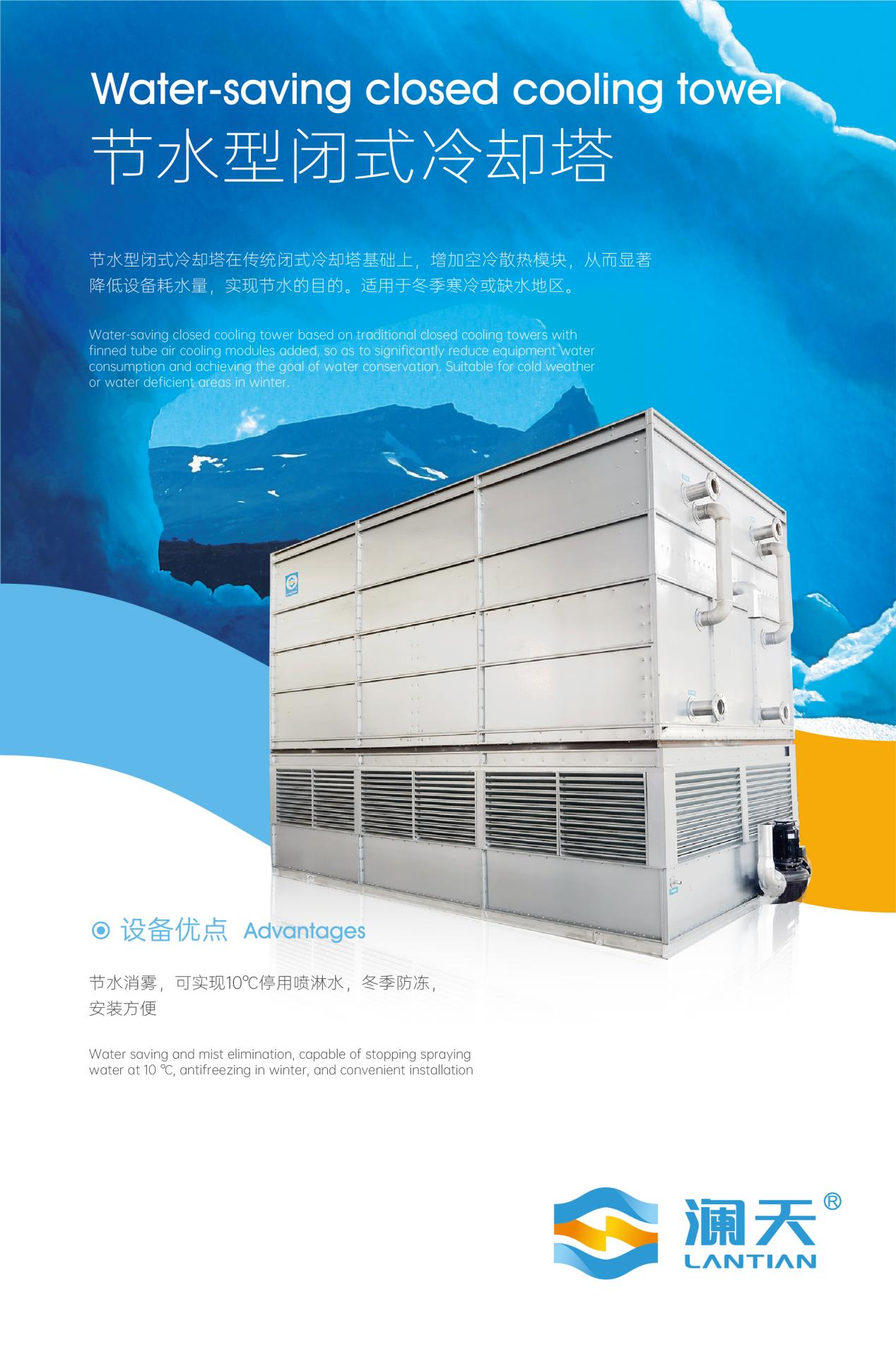Product List

Chiller
- Commodity name: Chiller
- Description
-
I. Working Principle
Industrial chillers achieve cooling through the collaborative work of refrigeration cycle systems, water circulation systems, and electrical control systems. The core principle is the use of refrigerant phase change in the system to absorb and release heat. The specific process is as follows:
Refrigerant Circulation System:
Evaporation Process: The liquid refrigerant in the evaporator absorbs heat from the water and evaporates into a gas, creating a temperature difference between the refrigerant and the water.
Compression Process: The gaseous refrigerant is drawn in and compressed by the compressor, becoming a high-temperature, high-pressure gas.
Condensation Process: The high-temperature, high-pressure gas releases heat in the condenser and cools into a liquid.
Expansion Process: The liquid refrigerant undergoes throttling and pressure reduction through the expansion valve, becoming a low-temperature, low-pressure liquid, and re-enters the evaporator.
Water Circulation System:
The water pump draws cooling water from the tank, delivers it to the equipment that needs cooling, absorbs heat from the equipment, and then returns to the tank after the temperature rises.
Electrical Control System:
Includes the power supply and automatic control sections, achieving automatic start-stop and protection functions through temperature controllers, pressure protection devices, etc.
II. Application Areas
Industrial chillers are widely used in various industries, specifically:
Plastics Processing: Used for cooling molding dies, improving the surface finish of plastic products, reducing internal stress, and facilitating demolding.
Machining: Such as CNC machine tools, grinding machines, etc., cooling the spindle lubrication and hydraulic systems, improving processing accuracy.
Electronics Industry: Provides a stable cooling environment for electronic equipment, ensuring efficient operation.
Chemical and Pharmaceutical Industries: Provides precise temperature control in chemical reactions, distillation, and other processes.
Data Centers: Provides cooling for servers and storage equipment, ensuring stable operation.
Food Processing: Used in refrigeration and freezing processes to maintain food freshness.
III. Market Situation
Market Size and Growth:
The global chiller market is projected to grow from $12.08 billion in 2024 to $15.42 billion in 2029, with a compound annual growth rate of approximately 4.5%.
Growth is mainly driven by energy-saving needs, advancements in intelligent control technology, and environmental regulations.
Market Trends and Driving Factors:
Energy-saving needs: The demand for energy-efficient cooling solutions is constantly increasing across various industries.
Technological advancements: The combination of the Internet of Things and intelligent control systems has significantly improved the energy efficiency of chillers.
Environmental regulations: Strict environmental regulations are driving the adoption of refrigerants with low global warming potential.
Regional Markets:
Europe: The second largest market globally, driven by industrial base and environmental regulations.
Asia-Pacific: Demand is continuously growing with the acceleration of industrialization and urbanization.
Product Segmentation:
Air-cooled chillers: Due to their cost-effectiveness and low maintenance requirements, they are a rapidly growing segment.
Absorption chillers: Using natural refrigerants, they are environmentally friendly and energy-efficient, suitable for markets with strict environmental policies.
Medium-capacity chillers: Widely used in hospitals, shopping malls, and other locations.
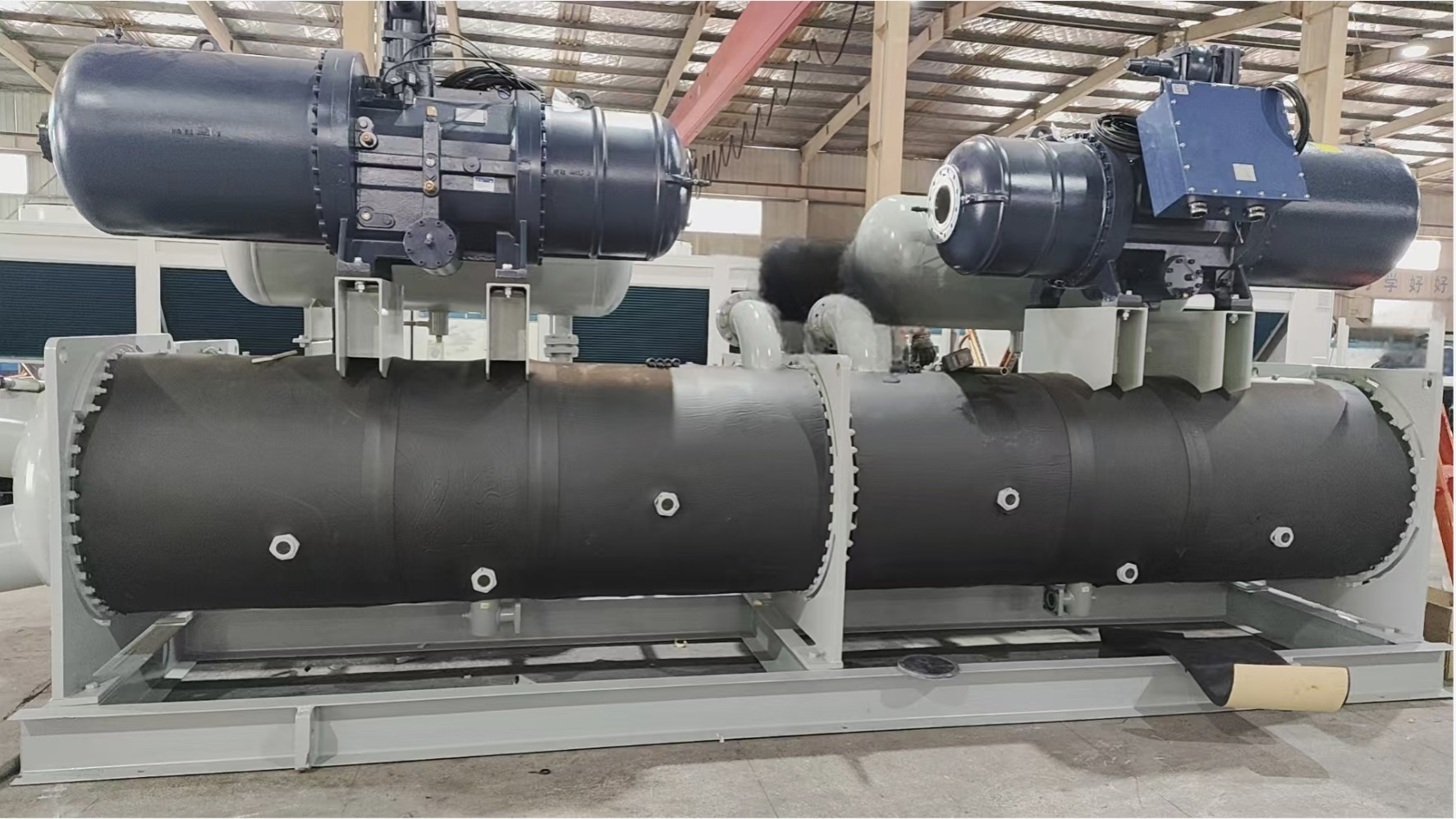
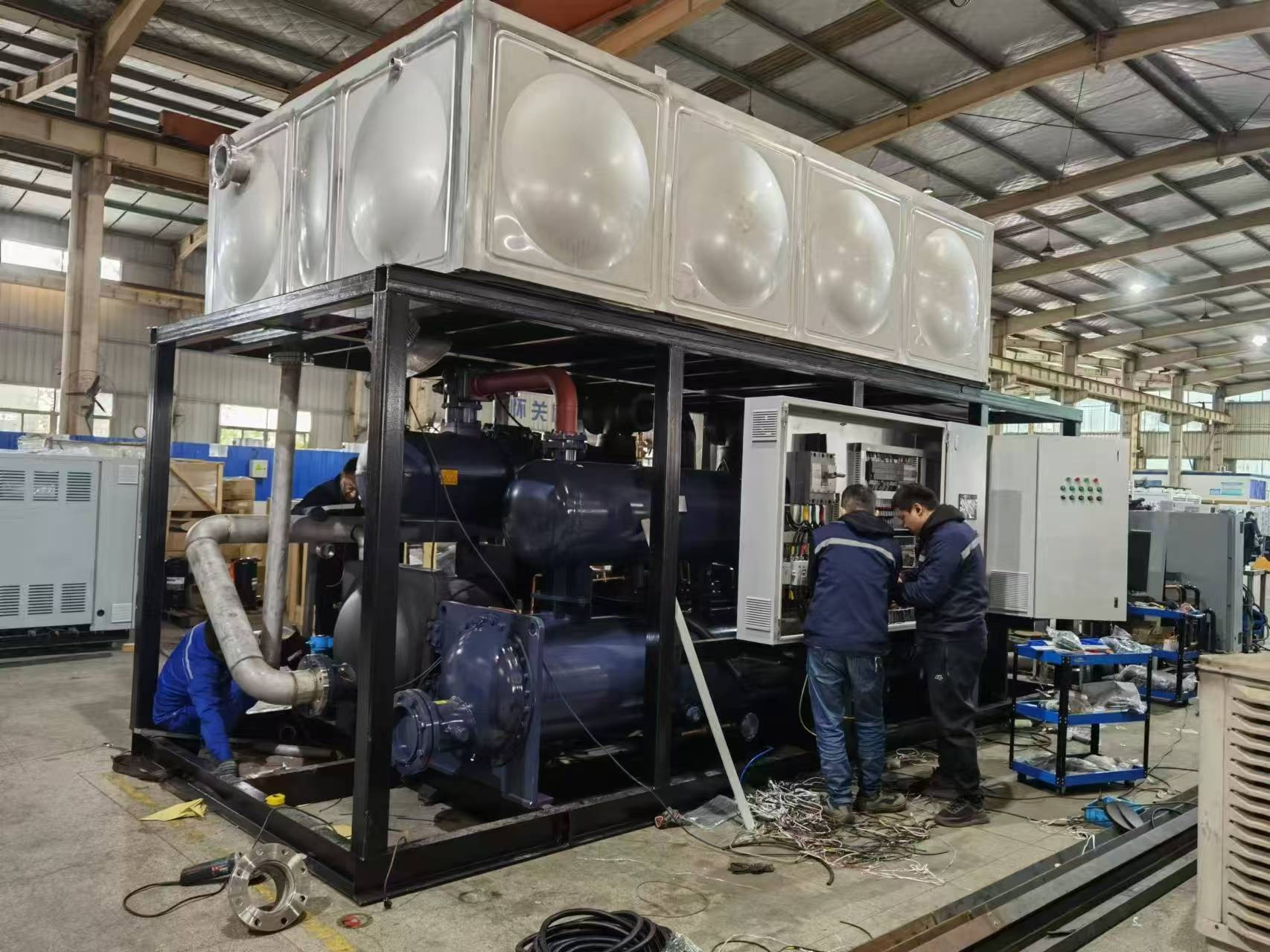
Message
Please provide the following valid information and we will contact you as soon as possible.



